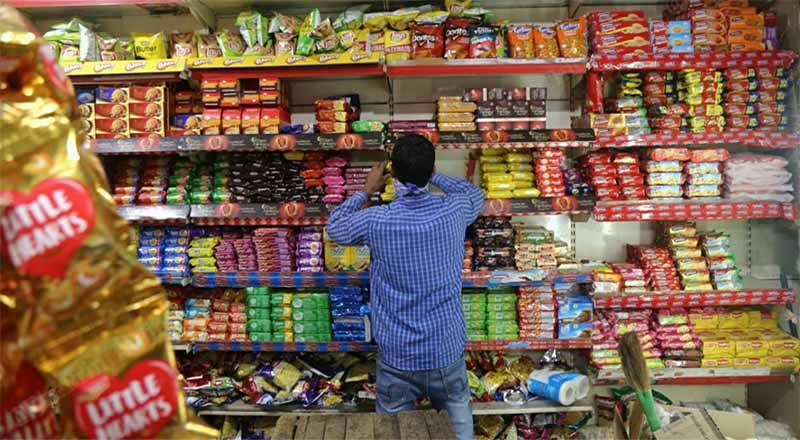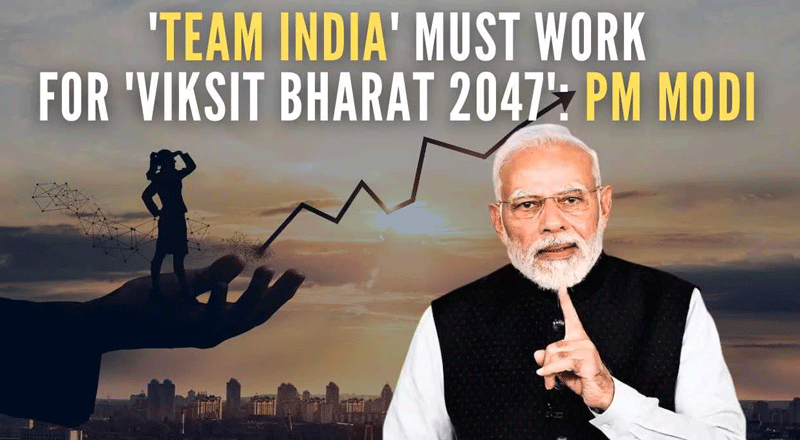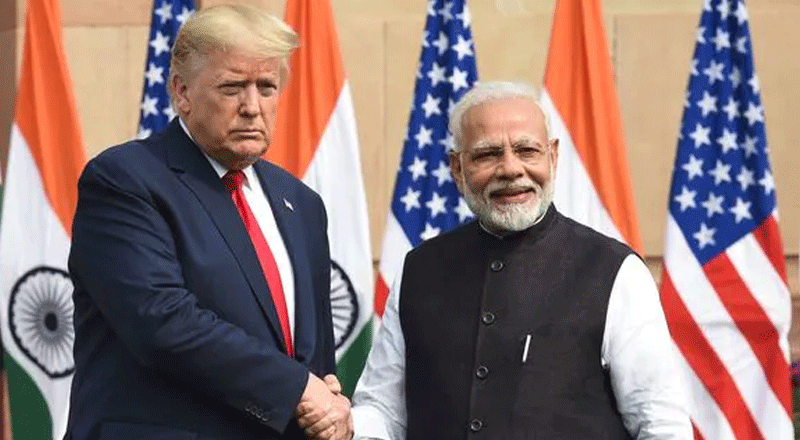Kirana stores have proved as the lifeline during the necessary times as COVID-19, as one can avoid so many things but they can’t survive from getting the basics necessities including medicine and daily needs like Groceries, fruits and vegetables. Kiranas have helped millions of Indian households wade through a difficult lockdown and dramatically altered daily lives.
Many leading Indian and Global business house are trying to do business from bottom to top in a reverse engineering way and trying to disrupt the existing business eco-system, with a big hope that they would put them under their business cloud. Experts says that, this model won’t work in India, since, the kirana stores are self-made entrepreneurs and they maintains their own profit and loss. They want to sustain their own living hood with their limited resources and profit margin. However, with the changing the business landscape and present COVID crisis, people stop going to large department stores like Big Bazar, D-Mart, Vishal Mega mart, Lulu stores and Hypermarts , prefer to order through the e-commerce portals.
This could highly visualised as India has seen the first phase of the lockdown. Even though people have faced for job losses and salary cuts still peoples were hoarding commodities like rice, flour and oil, it saw a 70-80% jump in frozen food and ready-to-eat meals as people worked from home without household help, they were storing the essential items for atleast for a period of one or two months at a stretch. While the eased restrictions allow delivery of non-essentials, items such as crockery, fans, refrigerators and dishwashers have witnessed an uptick.
The advantage of India is the large population, large population makes country a big market so that every country want to access that market and invest in the country and they contribute more in terms of the GDP. There are about 1.5 crore kirana stores are present in India and found that it is on the disorganised stage. Many multinational and Indian companies had tried to disrupt this supply chain, but they had failed in that, because of many reasons and the mindset. Together they account for roughly 95% of India’s over $500 billion food and grocery retail market.
From Flipkart to Reliance to Amazon, all retail biggies are desperately trying to woo them. While cash and carry retailers have delivered merchandise at the kirana’s doorstep through the lockdown, tech start-ups are busy on-boarding them in a bid to help them digitise.
Flipkart acquired a 100% stake in Walmart Inc.’s cash-and-carry business as part of the strategy of the online retailer’s majority owner to consolidate its portfolio in the country, strengthen supply chain and ramp up offerings to mom-and-pop stores.
Flipkart has now upped its kirana play with the launch of Flipkart Wholesale, a digital marketplace that promises to transform the kirana ecosystem with technology.
E-retail market is expected to continue its strong growth, by registering a CAGR of over 35 per cent and to reach Rs 1.8 trillion (US$ 25.75 billion) in FY20. There are many B2B e-retail enterprises such as Groffers, Bigbasket, Zomato, Swiggy and many local kirana stores has become a tech-heavy business with retailers increasingly encouraging customers to buy online. Going forward, e-commerce companies to drive synergies across the retail ecosystem in India by bringing e-commerce companies and retail stores together, and would be happy to participate in this discussion.
In a sudden transformation and to grab the opportunity, Flipkart Wholesale, has acquired Walmart India’s Best Price cash and carry business, making it an omni-channel organisation. Walmart has 28 Best Price stores across the country. With this move, Flipkart and Reliance Retail is posing to help and empower kiranas to improve their ROI. Our tech insights will help them understand what and how much will sell in their area, it will help plan inventory. This will talk about the consumption pattern in the specific area ,through all types of data mining. Many feels that it is again a disturbance to confuse the consumer or trying to lure with many different things to buy. How far the companies to get success remains a big question mark.





